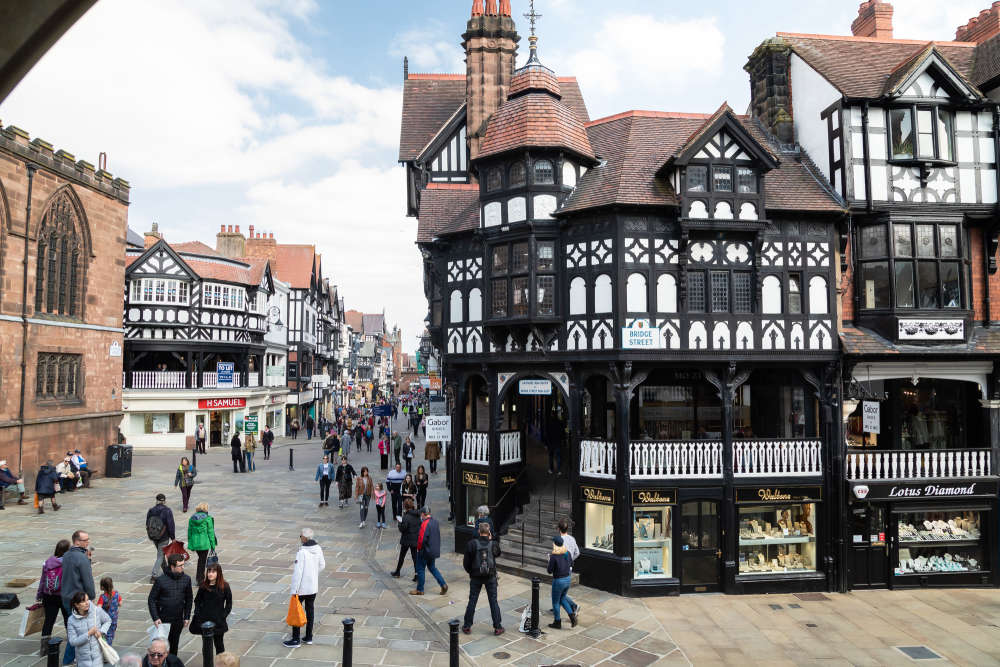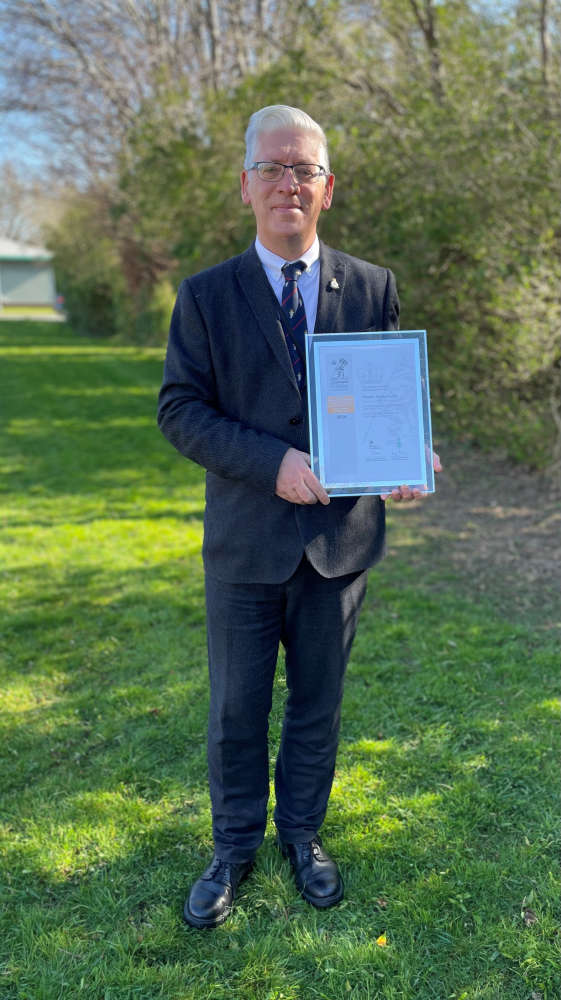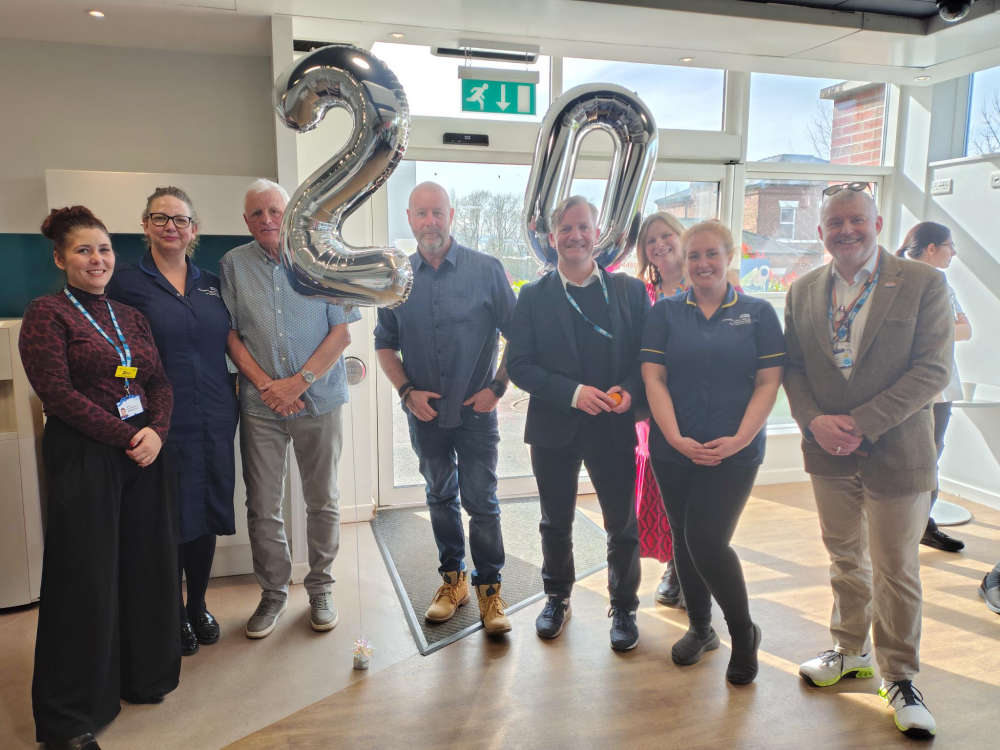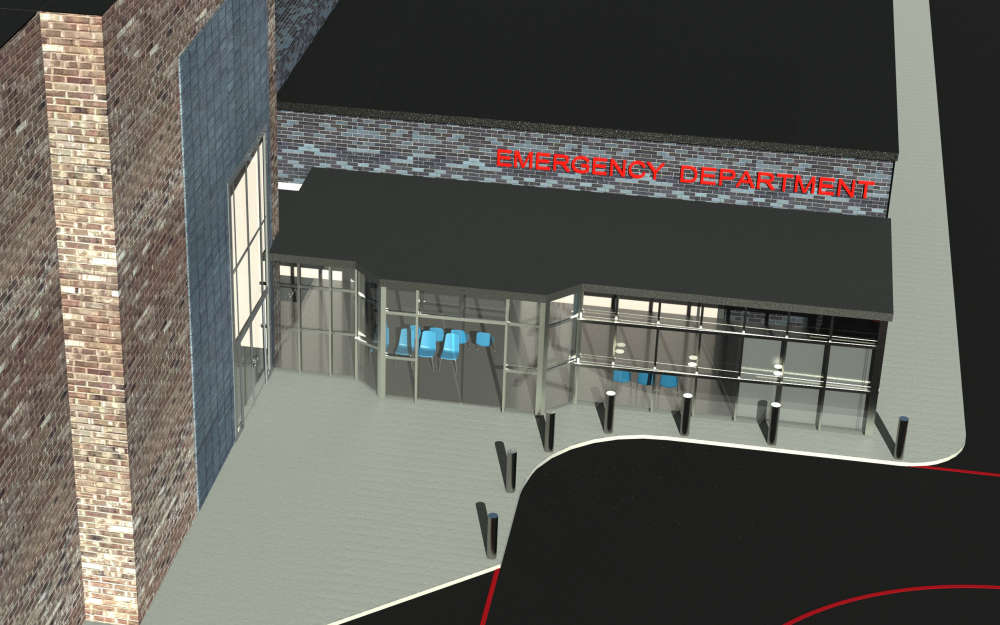
University of Chester academics have shared why the city is standing out for its creative flair and applauded the recognition.
Chester has been named one of the top 10 creative places in the UK, in a ranking which places the spotlight on the country’s arts scene, start-up culture, digital creativity and entrepreneurialism.
In the latest Startups Geek ranking, Chester came 7th out of 118 locations in the UK. The methodology examined the number of creative jobs, the number of art galleries and theatres as well as the number of universities and the rank for creative subjects.
Academics from the University of Chester have welcomed the findings with enthusiasm - and how Chester’s position illustrates the creative strengths of the city, which are evident in venues ranging from the Storyhouse cultural centre to the CASC (Contemporary Art Space Chester) Gallery and the artisan cafes giving a caffeinated boost to creative entrepreneurs, to projects such as Chester Visual Arts.
Professor Paul Johnson, Executive Dean for Arts and Humanities said: “There is clear evidence of the impact of arts and culture in placemaking, and the way that creative work builds communities and social capital.
“This can have wide-reaching benefits in terms of happiness and health for all of those who participate. The University of Chester is an anchor institution that, working with partners, can enable creative projects that can have a huge impact on our communities, and provide opportunities for our students and graduates.”
Initiatives to promote creativity include the University working with the Council to nurture creative, accessible, professional and community activity in the city that will help make the high street a more attractive, engaging, and vibrant place for people to spend time, live and work.
The University’s CASC Art Gallery in the centre of the city has also held student, staff, and graduate exhibitions, and as part of the Chester Rows High Street Heritage Action Zone scheme, the University and partners are working to explore the reuse of empty units and encourage activities on the Rows and stalls, for example a Media and Design Hub, creative studios, incubation units and exhibition and performance spaces. The Cultural Programme and the Media and Design Hub aim to diversify locations in the city into places where creativity can be promoted, and which will drive footfall into underused areas. Students and young people are a key group on whom it is hoped this will make an impact and their interaction and voice will help shape a future vision for the city.
Work alongside partners to develop greater incubation, co-creation activities and spaces in the city, helping to grow this emerging scene, stretches further still and the city is increasingly becoming known for its entrepreneurialism.
Professor Kurt Allman, Executive Dean of Chester Business School, said: “The past two years have seen significant economic disruption, and it is this disruption that creates opportunities for enterprising minds. Creativity is an essential component of the entrepreneurial mindset. Creativity powers incremental and more radical forms of innovation, and if this is blended with opportunities presented by digital technologies, then businesses have the ability to leapfrog their competitors, reach more customers and drive consumption in differing ways. In the last few years we’ve seen more of our students engaging in entrepreneurial activities, particularly female entrepreneurs.”
As Professor Allman explains, the city’s ability to support economic activity is evident beyond creative start-ups - the surrounding region is highly productive and innovative, especially in finance, advanced manufacturing, food and beverage, and service economies - attracting many large international firms to the region. Supporting these businesses remains a priority for many stakeholders; they employ significant numbers of people in highly skilled roles.
However, the past few years have presented many challenges for the high street in towns and cities centres across the UK. Incubation, creative spaces, co-working and collaborative spaces can bring creative entrepreneurs, pioneers and game-changers together to create the next generation of businesses that will support the region’s future prosperity. In response to this the University’s Business School is forming a Centre for Responsible Enterprise - bringing researchers, businesses, financiers, entrepreneurs and students together - ensuring start-ups can be supported in navigating the first few years of formation that prove to be the most challenging in terms of long-term survival.
Dr Connie Hancock, Associate Professor and Head of the Department of Management said: “Our Centre for Responsible Enterprise will help to support Chester’s start-up scene. Creativity is a key component, but so too is the need to act responsibly. Sustainability and more ethical consumption also present significant opportunities for our entrepreneurs to disrupt incumbents that perhaps haven’t pivoted their business model or processes to changes demanded by consumers.”
She added that the University was leading the way in Higher Education for business engagement, local growth and regeneration, and public engagement. This included in the last three years, supporting more than 520 students and graduates to accelerate their business ambitions.
For further information on the Startups Geek ranking, please visit:


 Ten arrested for drugs offences following warrants in Chester
Ten arrested for drugs offences following warrants in Chester
 Suspended prison sentence and indefinite ban for Cheshire man who abused his dog
Suspended prison sentence and indefinite ban for Cheshire man who abused his dog
 Recovered Stolen Items
Recovered Stolen Items
 Man charged in relation to courier fraud
Man charged in relation to courier fraud
 Police to target criminal use of Cheshire’s roads
Police to target criminal use of Cheshire’s roads
 Appeal for help in tracing wanted Ellesmere Port man
Appeal for help in tracing wanted Ellesmere Port man
 Council awarded Gold Armed Forces Award
Council awarded Gold Armed Forces Award
 Appeal for footage and witnesses following collision in Delamere
Appeal for footage and witnesses following collision in Delamere
 Appeal for information following serious collision in Chester
Appeal for information following serious collision in Chester
 Your chance to get involved in police scrutiny meetings
Your chance to get involved in police scrutiny meetings
 New Events at Jodrell Bank
New Events at Jodrell Bank
 Inspiring Futures at The Queen’s School
Inspiring Futures at The Queen’s School
 Bowmere Hospital celebrates 20 years of mental health care
Bowmere Hospital celebrates 20 years of mental health care
 Man charged with burglary and drug offences following Chester police stop check
Man charged with burglary and drug offences following Chester police stop check
 Vicars Cross Road closed following collision in Chester
Vicars Cross Road closed following collision in Chester
 Man jailed for controlling and coercive behaviour and assault
Man jailed for controlling and coercive behaviour and assault
 Plan unveiled to transform and improve emergency care at Countess of Chester Hospital
Plan unveiled to transform and improve emergency care at Countess of Chester Hospital
 Chester & Wirral Football League - Weekend Round Up
Chester & Wirral Football League - Weekend Round Up
 Ladbrokes returns to Chester Racecourse
Ladbrokes returns to Chester Racecourse
 Blues Match Report: Chester FC 1 - 1 Curzon Ashton
Blues Match Report: Chester FC 1 - 1 Curzon Ashton
Comments
Add a comment